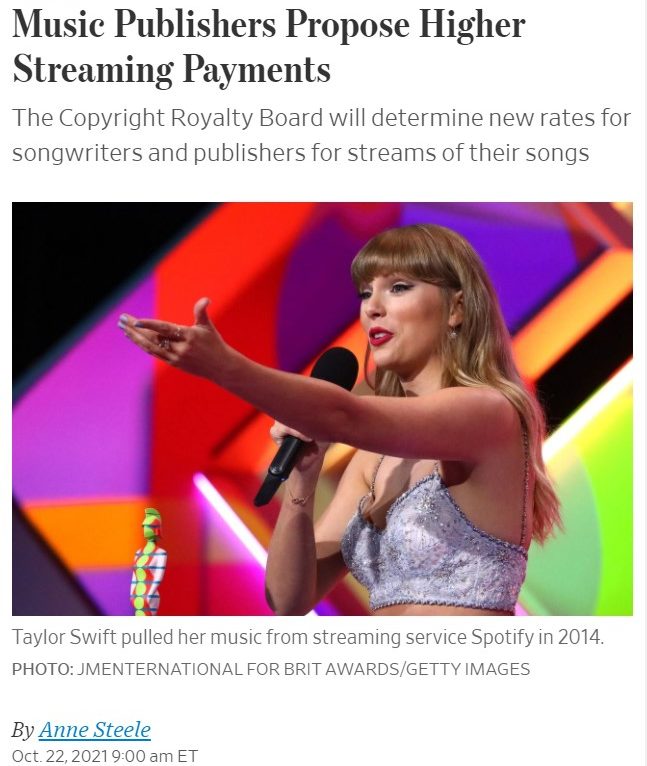Media
Music Publishers Propose Higher Streaming Payments | WSJ

Music publishers are demanding a bigger piece of the streaming pie for songwriters.
The National Music Publishers Association and five major streamers—Spotify Technology SA, Apple Inc., Amazon.com Inc., AMZN -2.75% Alphabet Inc.’s GOOG -2.89% YouTube and Sirius XM Holdings Inc.’s SIRI -0.74% Pandora—this week are duking it out in front of the Copyright Royalty Board, a three-judge panel that sets the statutory licensing rates that digital-service providers pay publishers for on-demand audio streams of their songs. The publishers argued in proposals that were due Wednesday at midnight for nearly doubling the current rate, while the streamers are angling to pay less—rates effectively below 2008 levels.
For years, publishers and songwriters have bristled over payments from streaming and say they are paltry—about one fifth what labels and recording artists collect. The NMPA proposed raising the rate to 40% of what labels are paid.
“This would start to correct the imbalance in terms of how streaming money is divided among the parties,” the trade group’s chief executive, David Israelite, said in an interview.
Garrett Levin, chief executive of the Digital Music Association, which represents the streaming companies, pointed to a flood of investment in artists’ catalogs and the highly competitive landscape for music, highlighting that streaming has helped turn around the fortunes of the music business—for artists, publishers and labels alike
“How do we make modern music economics work for everyone?” he said. “That should be our focus—preserving long-term industry growth and ensuring that it benefits as many people as possible.”
The battle over streaming-royalty payouts comes as financial players such as Blackstone Inc. and KKR & Co. bet billions of dollars on song catalogs—assets now seen as both increasingly valuable thanks to the growth of online streaming and untethered to broader market fluctuations.
The current copyright-board proceedings establish the rate for compulsory mechanical royalties earned whenever a song is reproduced in an on-demand stream format. The rate is set by the three judges every five years. The publishers’ and streaming services’ proposals for 2023-27 are expected to be made public in the coming days.
The NMPA has proposed that in a given reporting period, streamers pay publishers whichever is the largest of four sums: 20% of their service’s revenue; 40% of what is paid to record labels and other master recording copyright holders; $1.50 per subscriber; or $0.0015 per stream.
While each service has put forward its own proposal, Mr. Israelite says all five represent a less-lucrative rate structure for publishers than the 10.5% of revenue set during the first copyright-board proceedings in 2008.
“They are proposing the lowest royalty rates in the history of interactive streaming,” said Mr. Israelite. “Not only do they want to roll back increases from the last 15 years, but also effectively cut them further than the beginning point of 2008.”
The tussle over future publishing payments is happening while current rates are still in flux. After the publishers won a 44% increase for 2018-22—to 15.5% of streaming services’ overall revenue in the final year of the period—Spotify, Amazon, YouTube and Pandora appealed the decision, and the U.S. Court of Appeals for the District of Columbia Circuit last year told the copyright board to try again.
While the parties have agreed that when the rate is determined, it will apply retroactively, the streaming services meanwhile are generally paying under the 2017 rate structure, or 10.5%.
YouTube said it is not seeking lower rates in the 2023-27 proceeding and that it will accept the rates that the copyright board hands down in the pending remand decision.
The other services didn’t respond or declined to comment.
Mechanical licenses date back to the early 20th century. In 1909 Congress decided music publishers had a monopoly on player-piano rolls, then a popular recording medium, and passed a law requiring them to license their copyrights, with the government setting the price. (Record labels, which control masters, or the sound recordings of songs, aren’t subject to such compulsory licensing and negotiate with the services in the free market.)
“We’ve never been able to get rid of it. It keeps us trapped and we have no bargaining power,” said Mr. Israelite. When Taylor Swift pulled her catalog from Spotify in 2014, he said, she did that as a recording artist.
“She didn’t have the right as a songwriter,” he said.
Publishers say streaming is only one part of their income, and in areas where they are able to negotiate for copyrights in the free market, such as licenses for TikTok and Peloton, they are getting better rates. Mr. Israelite also says catalog buyers are factoring in a higher rate to come once the copyright-board proceedings are completed.
Read on WSJ.
